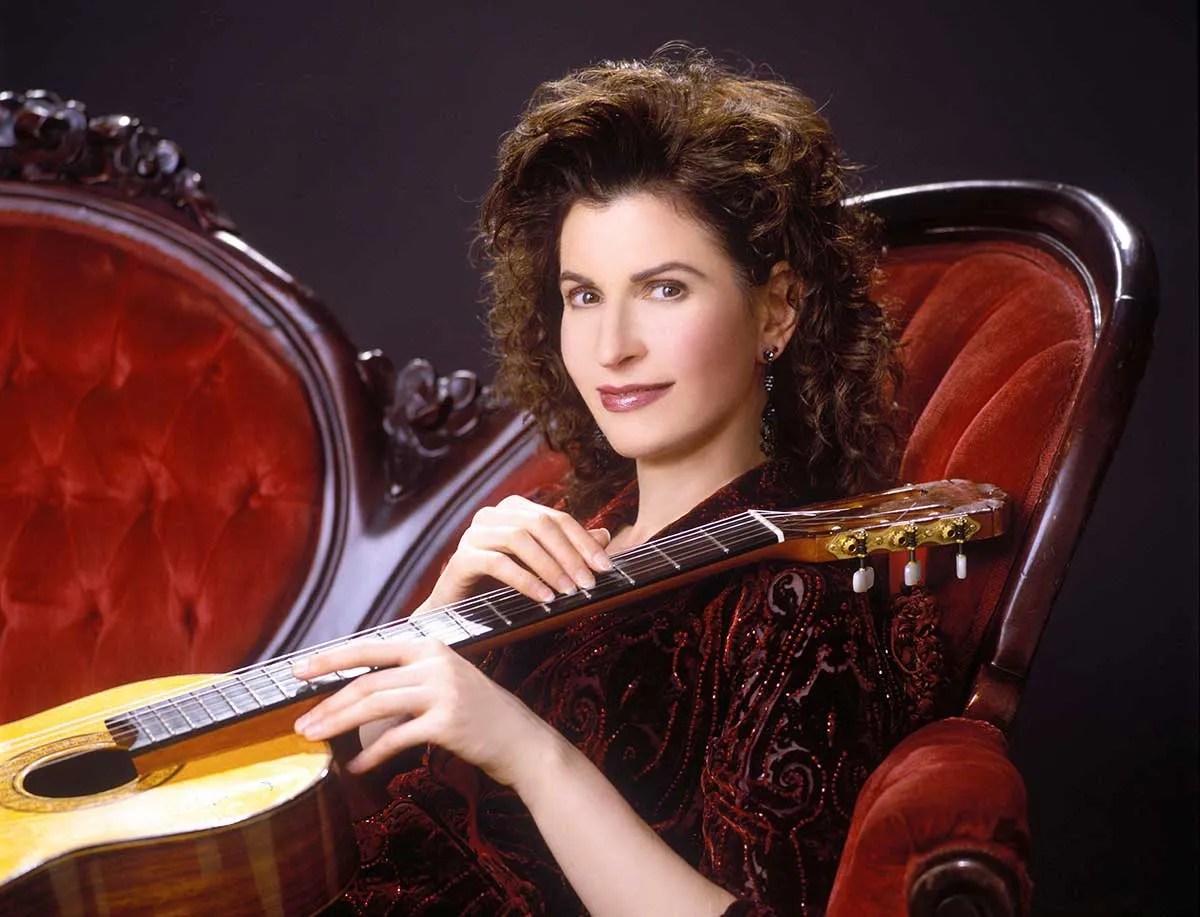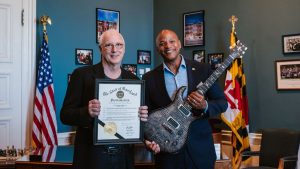
Review: Classical Guitar Great Sharon Isbin Elevates New Release from Composer Karen LeFrak
Karen LeFrak, Romántico (Sharon Isbin, Guitar) (KL2 Recordings)I’ll admit out front that I had never heard of the prolific New York composer Karen LeFrak before this album came to my attention. I guess she’s quite a big deal in some circles, having created over 300 works, 17 albums (many of impressionistic, always commercially palatable piano music), and, as she boasts in literally every promo piece I’ve read, a truly impressive 45 million streams across global digital platforms. I dipped into a number of her albums over a couple of hours one day, and though much of it is not really my cup of (soothing chamomile) tea, I can affirm that she does have a knack for writing beautiful, expressive melodies and creating moods. Her latest EP (at just 26 minutes it doesn’t quite feel like an “album”) consists of world premiere recordings of three works based around Cuban rhythms and featuring the exquisite classical guitar work of the reliably great Sharon Isbin.
The centerpiece is LeFrak’s “Miami Concerto for Guitar & Orchestra,” rendered here by the New York-based Orchestra of St. Luke’s under the direction of Enrico Lopez-Yañez. Fair or not, any guitar concerto that embraces classic Spanish tropes is going to be held up against Joaquín Rodrigo’s immortal late-1930s jewel, “Concierto de Aranjuez.” Indeed, LeFrak’s work seems to almost invite the comparison: Both are three-movement pieces, with the slower middle one being the emotional standout, and even including a short cadenza (unaccompanied solo; the famous “Aranjuez” Adagio has two); and there are a few passages throughout LeFrak’s that feel like echoes of Rodrigo, whether consciously or not. But the good news is that the “Miami Concerto” is very appealing in its own right. The key is LeFrak’s decision to base each movement around a different Cuban rhythm and to spice up her orchestral writing (in the first and third movements) with Latin percussion. Isbin’s guitar—she plays a custom Antonius Mueller instrument—elevates the piece immeasurably, with lines that range from melodic etchings to highly rhythmic strumming, a couple of brisk scale-run flourishes, and even some effective tremolo. I would not be at all surprised to find this concerto being performed quite often.
The other two shorter pieces are also noteworthy and entertaining. “Habanera Nights” finds Isbin in what is essentially a trio formation with cello (Carter Brey) and piano (Peggy Kampmeier—plus tasteful percussion from four players. And the sensual “Urban Tango” is just guitar, piano, and two percussionists. Isbin’s playing is, one again, tasteful and imaginative throughout.
Blair JacksonBlair Jackson is the author of the definitive biography Garcia: An American Life and was senior editor at Acoustic Guitar before retiring in 2023.











